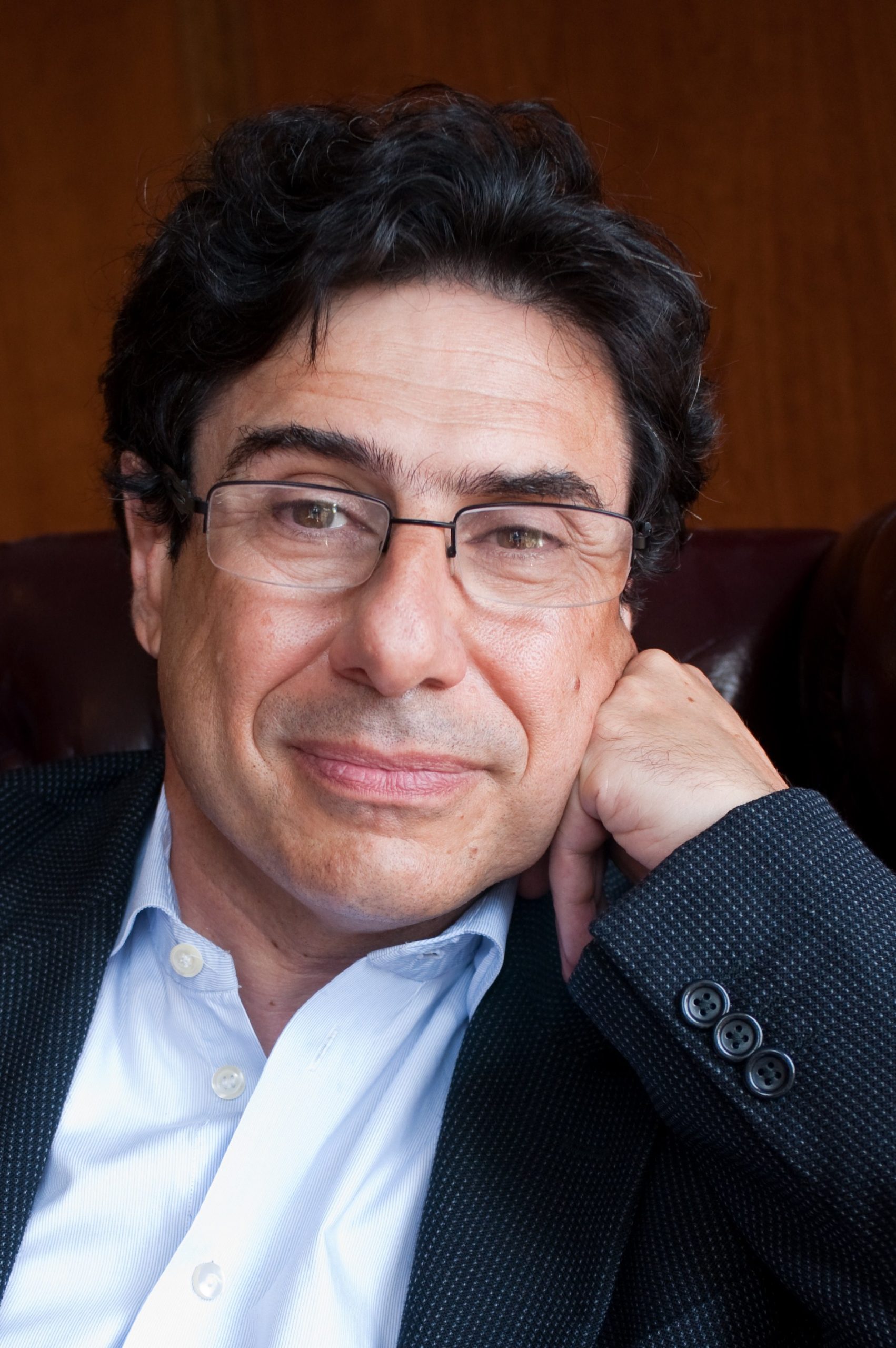Barcelona Hypatia European Science Prize
SIXTH EDITION: HUMANITIES AND SOCIAL SCIENCESPHILIPPE AGHION, WINNER OF THE SIXTH EDITION HYPATIA PRIZE
Award ceremony: 15th of June, 2026 at 18 pm at Barcelona City Council.

Philippe Aghion (France, 1956) is currently a professor at the Collège de France, the London School of Economics and INSEAD and an authority on areas such as the economics of innovation and growth. He is co-designer, together with Peter Howitt, of the Schumpeterian growth paradigm, which develops the concept of creative destruction, that is, the way in which technologies and ideas replace old ones, generating advances but also disruptions.
He is the author of fundamental works such as Endogenous Growth Theory (1998), Competition and Growth (2006) and The Power of Creative Destruction (2021) and has an extensive academic output in the main international journals, with more than 136,000 citations, which show his global impact.
Throughout his career, and in addition to the recent Nobel Prize in Economics, Aghion has received awards in the category of the Yrjö Jahnsson Prize (2001), the John von Neumann Prize (2009), the BBVA Foundation Frontiers of Knowledge Award (2020), the Erasmus Medal (2022) and the Jean-Jacques Laffont Prize (2022).
Jury members
This Deputy Mayor’s Office by Mayoral Decrees, Jordi Valls Riera, resolves to appoint the following people as members of the jury of the sixth edition of the Barcelona Hypatia Science European Prize: Jaume Bertranpetit, as a President, Ada Ferrer, Martin Kahanec, Amèlia Polonia and Mònica Rius.
